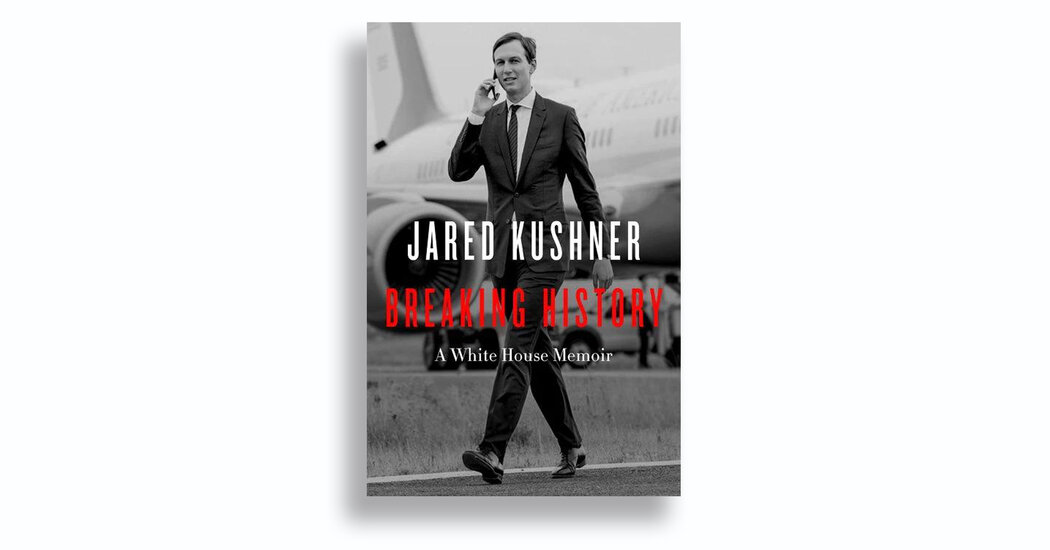
If Kushner can recall a professor or a book that influenced him while in Cambridge, he doesn’t say. Instead, he recalls doing his first real estate deals while there. He moved to New York, and bought and ruined a great newspaper (The New York Observer) by dumbing it down and feting his friends in its pages.
His wooing of Ivanka Trump included a good deal of jet-setting. Kushner briefly broke up with her, he writes, because she wasn’t Jewish. (She would later convert.) Wendi Murdoch, Rupert’s wife, reunited them on Rupert’s yacht. Kushner describes the power scene:
On that Sunday, we were having lunch at Bono’s house in the town of Eze on the French Riviera, when Rupert stepped out to take a call. He came back and whispered in my ear, “They blinked, they agreed to our terms, we have The Wall Street Journal.” After lunch, Billy Joel, who had also been with us on the boat, played the piano while Bono sang with the Irish singer-songwriter Bob Geldof.
With or without you, Bono.
Once in the White House, Kushner became Little Jack Horner, placing a thumb in everyone else’s pie, and he wonders why he was disliked. He read Sun Tzu and imagined he was becoming a warrior. It was because he had Trump’s ear, however, that he won nearly every time he locked antlers with a rival. Corey Lewandowski — out. Steve Bannon — out.
Secretary of State Rex Tillerson, who begged Kushner to stop meddling internationally — out. (Kushner cites Tillerson’s “reclusive approach” to foreign policy.) By the end, Tillerson was like a dead animal someone needed to pull a tarpaulin over.
Kushner was pleased that the other adults in the room, including the White House chief of staff Reince Priebus, the White House counsel Don McGahn and the later chief of staff John Kelly, left or were ejected because they tried, patriotically, to exclude him from meetings he shouldn’t have been in. The fact that he was initially denied security clearance, he writes, was much ado about nothing.
The bulk of “Breaking History” — at nearly 500 pages, it’s a slog — goes deeply into the weeds (Kushner, in his acknowledgments, credits a ghostwriter, the speechwriter Brittany Baldwin) on the issues he cared most about, including prison reform, the Covid response and the Middle East, where he had a win with the Abraham Accords.
This book ends with Kushner suggesting he was unaware of the events of Jan. 6 until late in the day. He mostly sidesteps talking about spurious claims of election fraud. He seems to have no beliefs beyond carefully managed appearances and the art of the deal. He wants to stay on top of things, this manager, but doesn’t want to get to the bottom of anything.




